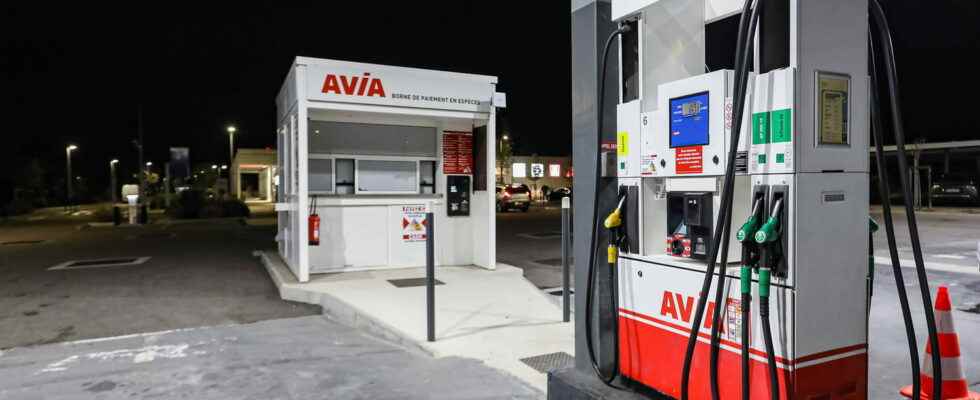FUEL INDEMNITY. This fuel allowance scheme was defended for several weeks by the government, but it was ultimately an increase in the fuel discount of 18 cents that was voted by the deputies in the National Assembly…
[Mis à jour le 27 juillet 2022 à 10h53] Exit the indemnity fuel, a kind of “fuel bonus” for big riders! The project was abandoned and an increase in the fuel discount of 18 cents from the start of the 2022 school year was preferred. This will increase to 30 cents per liter of fuel in September and October, a discount valid for all motorists, unlike the one advocated since the beginning of the summer by the government which wanted to target large rollers and modest households. If the executive does not completely bury this device and leaves the door open for 2023, the prospects however seem very slim in the absence of a majority in the Assembly and support from other parliamentary groups. The project was eventually replaced by the increase in the fuel discount to 30 cents per liter of fuel.
What was the amount of the fuel bonus presented by the government?
If a representative of Bercy, questioned by the newspaper Le Parisien, evoked at the beginning of July a payment “in one go”, with a “fixed amount for all, whether we do 5 km or 30 km a day to go to work, and a bonus for heavy riders who travel more than 12,000 km per year”, the presentation of the system to the Council of Ministers on July 7 and the statements that followed made it possible to learn more about this bill. The government was counting on several amounts depending on income:
- 200 euros for people whose reference tax income (RFR to be found on your tax return) is less than 9400 euros,
- 100 euros for those whose reference tax income is between 9,400 and 14,100 euros.
- An increase will be possible for heavy rollers if the workplace is “particularly far” from home. This increase for large riders will be 50%.
Who should benefit from the fuel allowance?
Bruno the Mayor admitted in early July, the choice made by the government is “political”, that of targeting people who work and go to their workplace by car. Bruno Le Maire had not mentioned resource conditions on the morning of July 7 on the Europe 1 antenna, but the system should still include income criteria, based on the reference tax income of households (see above in the section on the amount). Asked by The Parisian on July 4, an official from Bercy thus mentioned the figure of “11 million households” concerned, close to the 12 million finally confirmed Thursday, July 7 during the presentation of the bill in the Council of Ministers. This figure was based on the maximum reference taxable income to benefit from the aid. The bill targeted households located between deciles 1 to 5 of the reference tax income, ie up to 14,100 euros of reference tax income (RFR per share). To check your eligibility, you should therefore have checked your reference tax income available on your last tax return.
What would be the date of payment of the fuel allowance?
The project was to come into force on October 1, 2022 according to the presentation made in mid-July by Bruno Le Maire. It has been replaced by the fuel discount of 18 cents for everyone. This is still intended to disappear by the end of 2022, gradually falling from 30 cents in September-October to 10 cents in November and December.
A bonus on the fuel allowance for large rollers?
“If you are a big wheeler, you receive additional compensation”, explained Bruno Le Maire on July 7, 2022 at the microphone of Europe 1 when presenting the planned device. Large wheelers in a professional setting would have been particularly affected by this new targeted fuel allowance scheme and the increase could have reached 50% according to the project presented to the Council of Ministers on July 7, 2022. At most, the fuel allowance would have reached 300 euros (200 euros + 50% increase). By “high rollers”, the government intended to target those who live more than 30 kilometers from their place of work as well as those who travel more than 12,000 kilometers per year in the professional context. Project rejected in the summer of 2022 during the presentation to the vote of the deputies of the purchasing power law then of the amending finance bill for 2022.
